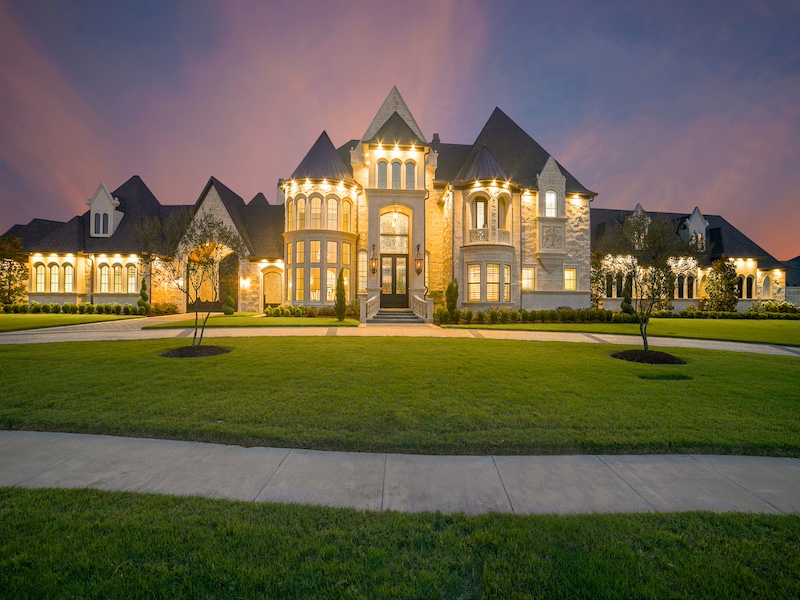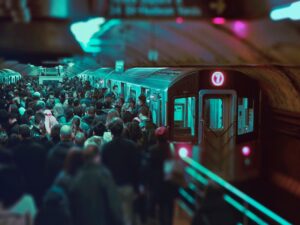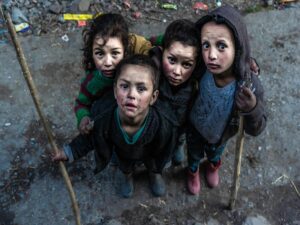Sustainability can’t be achieved without a massive redistribution of wealth
The world’s billionaires are revered, respected, worshipped as if deities—gods amongst mere mortals. As the richest and most successful people in the world, some may say they have earned that respect. After all, they are the winners of capitalism. So ‘successful’ are the world’s billionaires, that if they were a country they would be the third richest, by quite some margin.
Collectively the world’s 2,781 billionaires are worth $14.2 trillion. To put their wealth into context, the combined value of the German, Japanese and Indian economies (the third, fourth and fifth largest in the world) is $12.64 trillion. Those economies are home to 1.63 billion people — or 20% of the world’s population. Whereas our billionaires would barely fill a village.
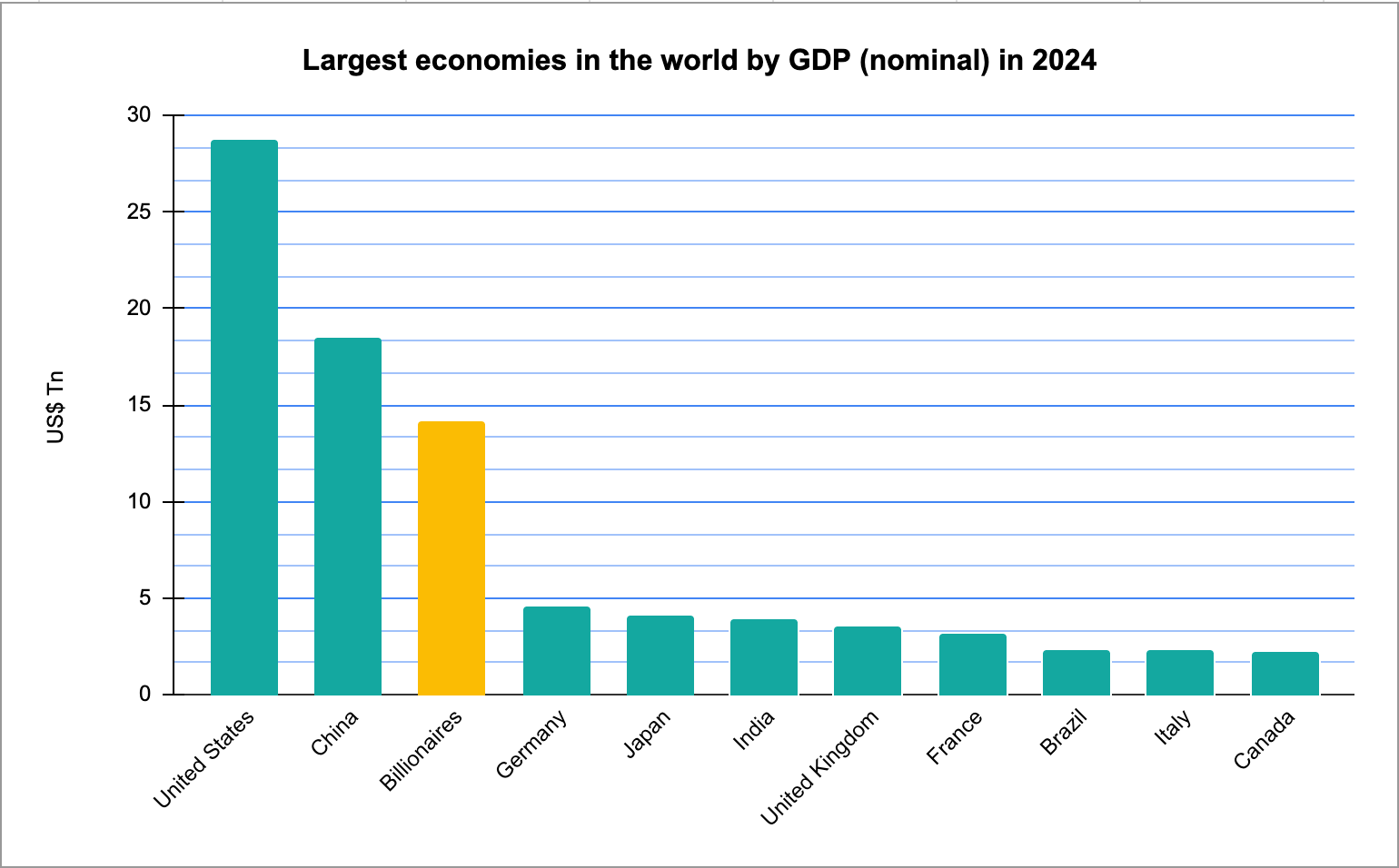
When you put it like that it is staggering, bordering on defying belief, just how rich this tiny group of individuals are.
While celebrated by sections of the media, the graph above represents appalling levels of inequality. It also begs a question — in a world where creating sustainable societies has become critical to ensuring humanity can thrive long into the future, are billionaires something that can be sustained?
But which I mean, if achieving a sustainable society is all about meeting human needs within environmental limits, are billionaires sustainable?
The have nots
What makes the wealth of billionaires both morally questionable and socially problematic, is that we couldn’t be further from meeting the needs of all.
When it comes to the poorest of the poor, the indicator used by the United Nations to define ‘extreme poverty’, is those living on less than $2.15 per day. Around 712 million people (just under 1 in 10) are estimated to fit the definition of living in ‘extreme poverty’.
The poorest of the poor are malnourished, have no access to clean water or basic sanitation. You can forget about electricity. Unable to provide for basic needs means that life for nearly 10% of the world’s population is defined by suffering, struggle and general misery. They are denied a platform to live fulfilling, prosperous lives that enable them to pursue their hopes and dreams.
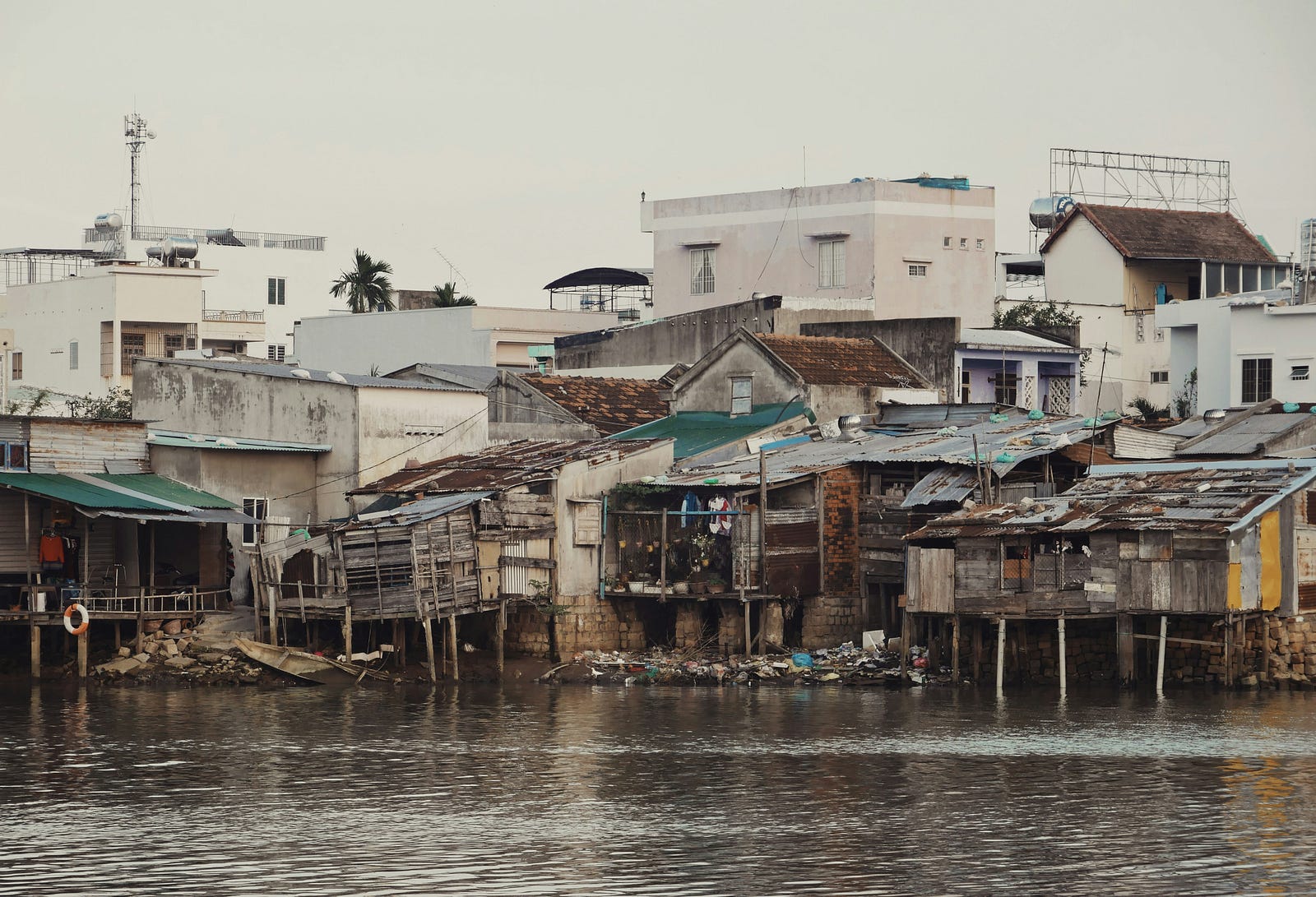
Things aren’t much better within the world’s richest economies. In the UK, 14.4 million people were living in poverty in 2022, which is more than 1 in 5 people. In the US, the Census Bureau estimated that in 2021, 11.6% of Americans — roughly 38 million people — lived at or below the poverty level. In 2023, around 94.6 million people in the European Union were at risk of poverty or social exclusion — equivalent to 21.4 % of the total population.
Poverty in high-income nations looks very different to the poverty experienced by the poorest of the poor, but fundamentally, if someone is living in poverty, they’re not earning enough to meet their needs.
The that fact billions of people are living in poverty makes it difficult to argue poverty is the result of individual failures; through the poor being lazy or making bad decisions or not working hard enough. The issue boils down to people being failed by the economic system itself.
Inequality by design
When you break it down the function of an economy is simple. An economic system is the organising principle used by a society to produce goods and services that provide for the needs of the people who partake in the economic system.
In If Not Capitalism, What? the sociologist, Allan G. Johnson, argues capitalism fails to provide for people’s needs because:
“It is not organized to meet the needs of the people who participate in it… if capitalism does happen to meet the needs of people, that’s fine, but that is not the point of the system. The point is to allow individuals to compete with one another in order to maximize personal wealth… This means that when a small portion of the population manages to take most of the wealth for themselves, the system is simply operating as it is designed to do.”
Rather than being pathological, the existence of billionaires is merely a product of the economy working as intended.
That’s why any kind of government regulation that seeks to distribute wealth from those who have too much, to those that have too little, is seen as pernicious.
A foundational belief propping up capitalism is that free markets create unlimited opportunities to increase personal wealth. Hence a belief that poverty is the failure of individuals, not the system.
The number of people living in poverty shows that this belief has always been, and will continue to be, a blatant lie.
The amount of wealth there is in the economy is limited. If a tiny minority (a la, our billionaires) has a massive share of the ‘wealth pie’ it means that a large proportion of the human population will not have enough to support their needs.
Poverty is a failure of the system to distribute wealth efficiently. Plain and simple.
And that’s the problem with capitalism. It’s brilliant at creating incentives to increase production. It’s also great at distributing goods and services so that supply meets demand. It is terrible at efficiently distributing the wealth generated from the production of goods and services.
Again though, that’s not what it is designed to do.
The solution
So what’s the solution to poverty?
The Sustainable Development Goals (SDGs), developed by the UN, aim to build a greener, fairer, better world by 2030.
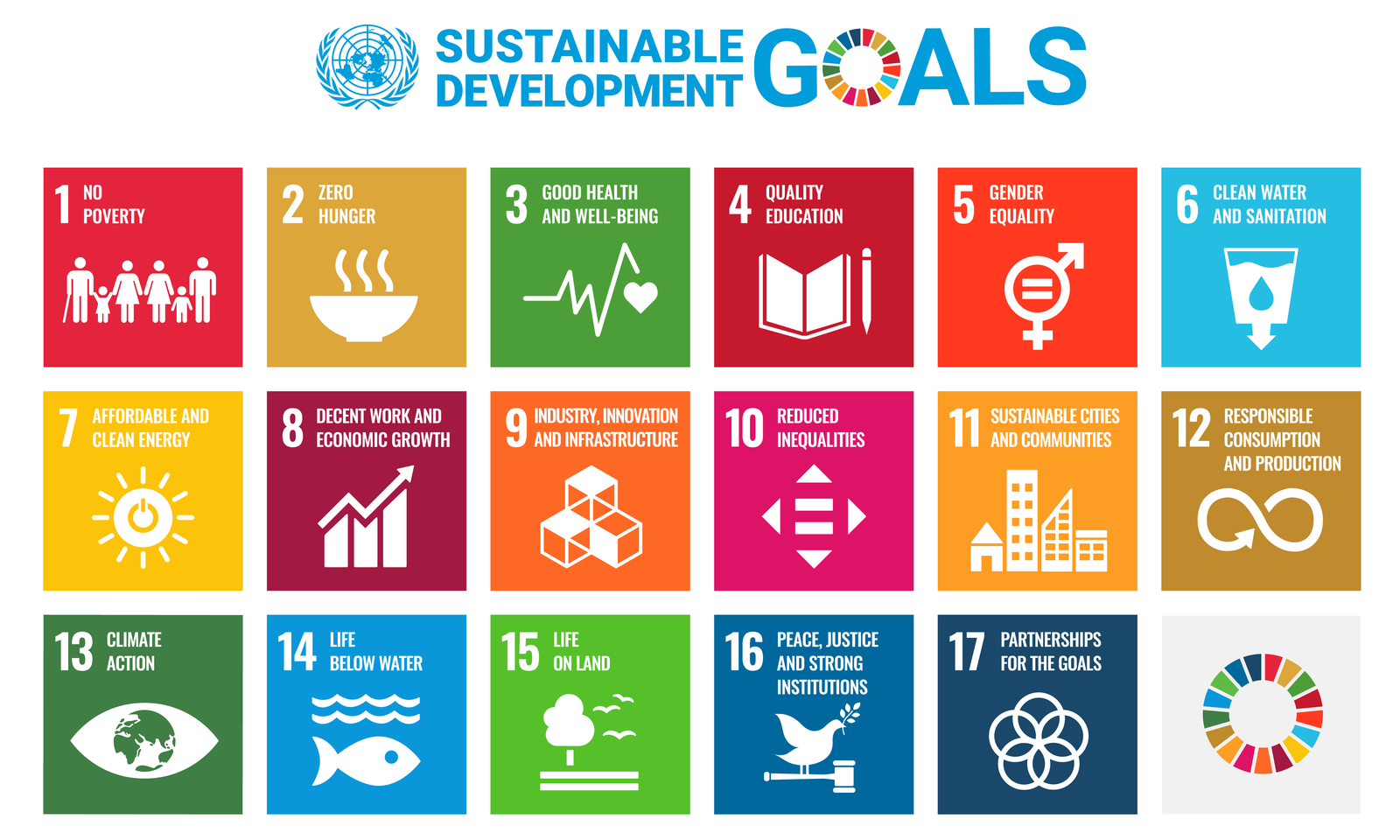
The first goal is to end poverty. The solution to doing so centres on goal number eight— decent work and economic growth.
The reason growth is fundamental to ending poverty is that if a country achieves economic growth it means they are producing more. If they are producing more goods and services they will also increase wealth in society.
A larger wealth pie leads to increasing incomes. As incomes increase so does each person’s ability to meet their needs.
Essentially growth creates a rising tide that raises all boats.
While they appear grand in their vision, the SDGs are a product of capitalism. The solution boils down to increasing the ability of each person to maximise personal wealth.
The problem with the solution
There are a few issues with the SDG solution to poverty.
The first is that seeing as the rules of the game are contrived to ensure the richest always win, producing more will simply allow our billionaires to increase the revenue of the businesses they own, which will just enable them to get even richer than they already are.
A more problematic issue with economic growth is the other element of achieving a sustainable society — providing needs within environmental limits.
As we’ve said, achieving economic growth involves increasing production. Making more stuff requires increasing inputs of energy and resources taken from the natural world.
The economy is already so large that we are in a state of ecological overshoot. This means our demands on the planet exceed the regenerative capacity of the natural world.
Overshoot means we are living well beyond the limits of the environment. As the World Wildlife Fund argues in its Living Planet Report, overshoot is possible — for now — because “we can cut trees faster than they mature, harvest more fish than the oceans can replenish, or emit more carbon into the atmosphere than the forests and oceans can absorb.”
The result is that inputs of energy and resources are becoming scarcer, and wastes (like carbon emissions) are having increasing environmental impacts.
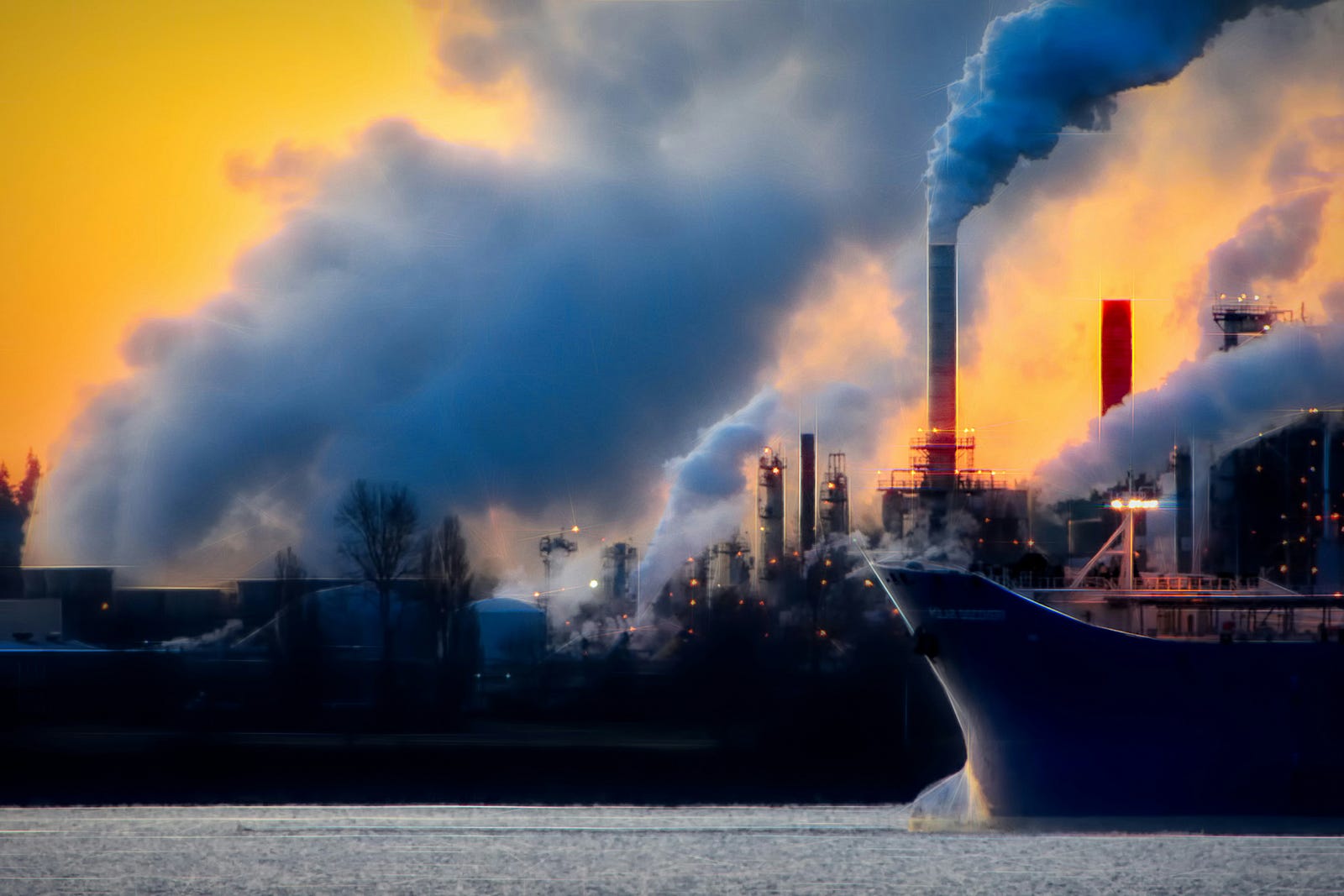
Overshoot is why concentrations of carbon dioxide in the atmosphere continue to increase. It’s why we have triggered the sixth mass extinction event. It’s why the Amazon Rainforest is on the brink of collapse.
What makes the solution to poverty so problematic is let’s imagine an unlikely scenario where poverty does end. This would be a cause for celebration as it would mean that every person has their needs met — or rather, is empowered to meet their needs.
That would surely be a giant leap towards achieving sustainability?
Yes and no.
From the perspective of social development, more people with more disposable income is a good thing. But from the perspective of the environment, higher incomes will allow more people to consume more which will exacerbate ecological overshoot, driving us further away from environmental limits, and increasing the risk of devastating environmental changes.
Social development then, as we conceive of it, is incompatible with creating a sustainable society because development is the very thing that leads to unsustainable outcomes.
Unsustainable by design
We’re facing quite the pickle.
So how can we achieve a sustainable society and provide for the needs of all within environmental limits?
Well, billionaires are a symbol of the compulsion of the economic system to expand. But the never-ending pursuit of more has become counter-productive. Making another billion dollars won’t increase your well-being or allow you to fulfil your needs any better than you can already.
That’s what makes the desire for more so pathological. It’s never about increasing happiness or fulfilment — how could it, when it comes to the detriment of others? Billionaires want more simply to have more.
Capitalism is a greed-infested, narcissistic ego-fueled system that has an insatiable appetite for more. This behaviour must be sustained because capitalism must expand to sustain itself.
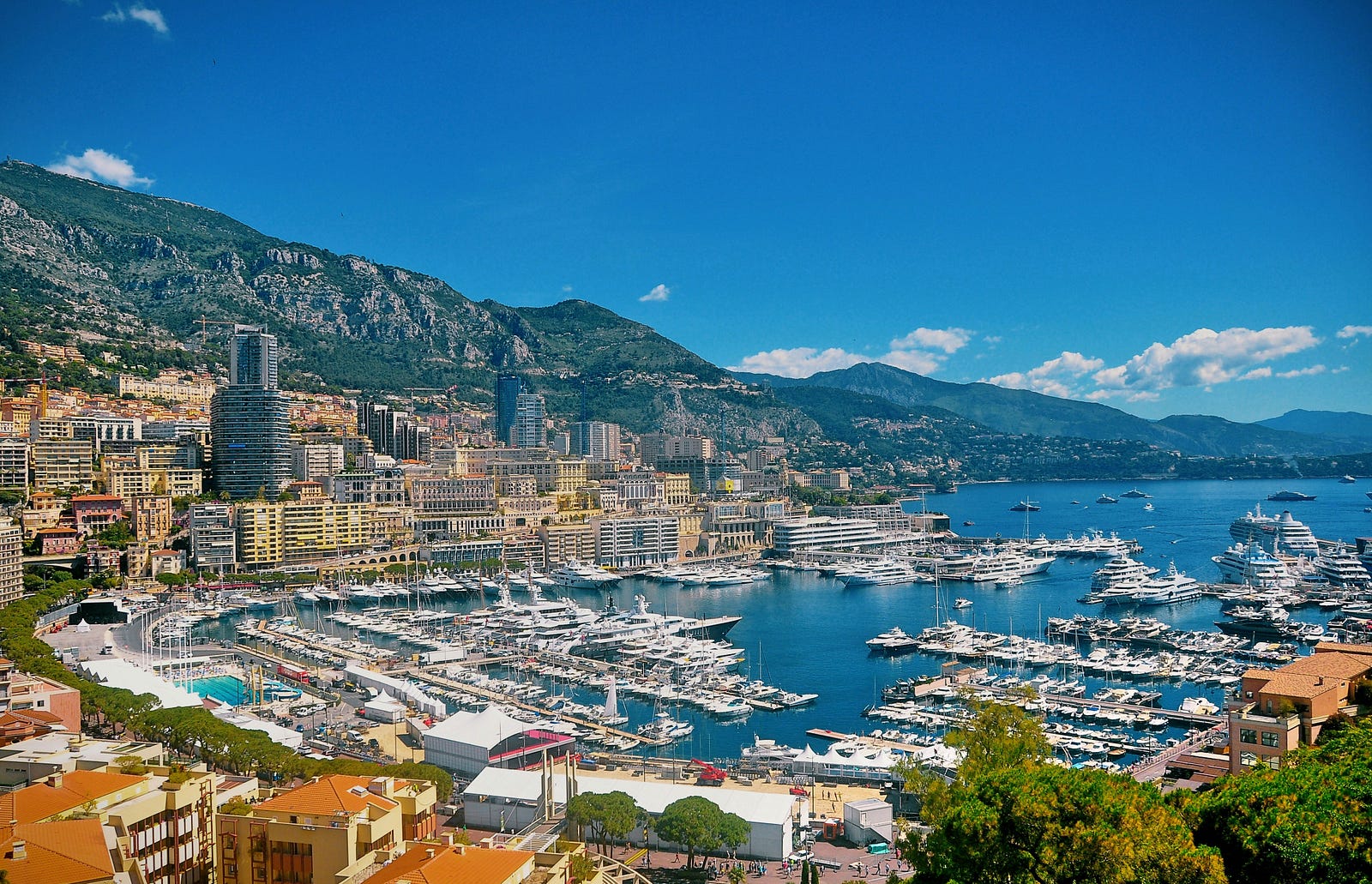
The only way we can ever hope to meet human needs within environmental limits is through a redistribution of wealth. Rather than producing more, we need to get better at distributing what we already have.
That state of affairs is untenable in a capitalist economy where the goal centres on maximising personal wealth. So this isn’t really about questioning the sustainability of billionaires. The problem is the overall economic system that makes billionaires possible.
Achieving sustainability requires the redesign of the economic system towards a post-growth economy. An economic system that abandons growth as its raison d’être and instead, as argued in Post-Growth Economics, “reorganises production around societal and planetary well-being rather than around consumption and accumulation.”
To create a truly sustainable society, both ecologically and economically, we need a world where billionaires can no longer exist. The problem with capitalism is that the wealth of billionaires makes them enormously powerful. It’s hard to imagine they’ll give up their wealth voluntarily. And the brilliant irony is that capitalism needs billionaires as much as billionaires need capitalism.
We are in a trap of our own making. The fact capitalism must continue to grow to sustain itself means environmental breakdown appears inevitable. Maybe that’s exactly what’s needed to create the conditions where the redesign of the economy becomes possible. Should such a post-growth economy be achieved, billionaires will become a thing of the past — a weird remnant of a society that lost touch with reality.

